NHS data encryption like ‘700 new customers’ for McAfee
Connecting for Health reveals the challenges of a massive data encryption project that is currently being rolled out by McAfee.
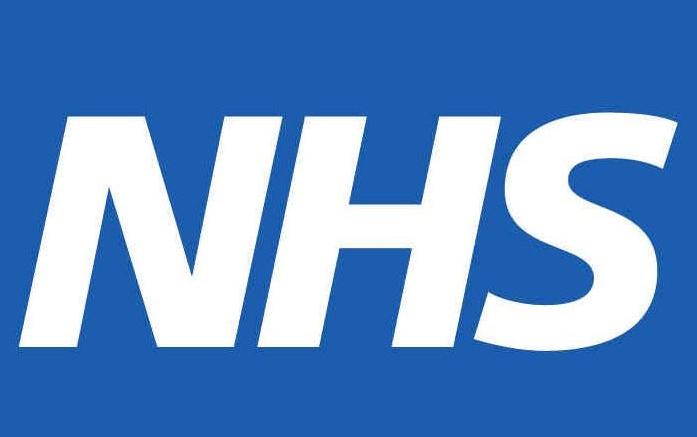
The NHS has revealed details of the data encryption deal it has with McAfee, and explained the problems that have beset the partnership because of its size.
Mark Ferrar, director of infrastructure for the technology office at NHS Connecting for Health, was speaking at the Gartner IT summit held in London. He outlined the reasons why the NHS were looking for a data encryption solution, and also revealed some of the problems that McAfee had been dealing with on such a large scale project.
Ferrar said that McAfee had won out in a close run bidding process, but that the complexity of the NHS had caused some problems once McAfee took on the job of providing its encryption products to the whole enterprise.
The job of encrypting data for the NHS was described as being like "700 new customers", with around 700,000 PCs and around 800,000 computer users that McAfee had to equip in England alone.
"It is quite a challenge," said Ferrar. "But we make no apologies for that. They are all pressing the doorbell saying they need help, how it does this and how do we configure it like this."
McAfee also had challenges with the fact that the NHS was not a uniform infrastructure. It has many organisations with different deployment challenges. There were also the particular challenges of IT in healthcare.
"Organisations have different priorities on the top of their lists," he said. "Like deploying the national programme for IT systems, deploying their own systems or upgrading their patient administration or GP systems. Whatever it happened to be, it was there before this [McAfee's data encryption] came along."
Get the ITPro daily newsletter
Sign up today and you will receive a free copy of our Future Focus 2025 report - the leading guidance on AI, cybersecurity and other IT challenges as per 700+ senior executives
Another problem that the NHS had was the likely proliferation of different mobile devices inside such a large organisation. When asked the question about why one standard device was not used for all the doctors and staff, he said that there was a problem because there was a huge amount of choice - especially for mobile phones.
Ferrar said: "If you've spent a bit of time arguing with clinicians you'll find that they are deeply informed and opinionated about what will work for them. That is no bad thing, but that does mean getting a single opinion will never be popular."
For more on the encryption project, click here.
-
 Asus ZenScreen Fold OLED MQ17QH review
Asus ZenScreen Fold OLED MQ17QH reviewReviews A stunning foldable 17.3in OLED display – but it's too expensive to be anything more than a thrilling tech demo
By Sasha Muller
-
 How the UK MoJ achieved secure networks for prisons and offices with Palo Alto Networks
How the UK MoJ achieved secure networks for prisons and offices with Palo Alto NetworksCase study Adopting zero trust is a necessity when your own users are trying to launch cyber attacks
By Rory Bathgate
-
 NHS supplier hit with £3m fine for security failings that led to attack
NHS supplier hit with £3m fine for security failings that led to attackNews Advanced Computer Software Group lacked MFA, comprehensive vulnerability scanning and proper patch management
By Emma Woollacott
-
 Cyber attack delayed cancer treatment at NHS hospital
Cyber attack delayed cancer treatment at NHS hospitalNews A cyber attack at Wirral University Teaching Hospital in 2024 delayed critical cancer treatment for patients, documents show.
By Nicole Kobie
-
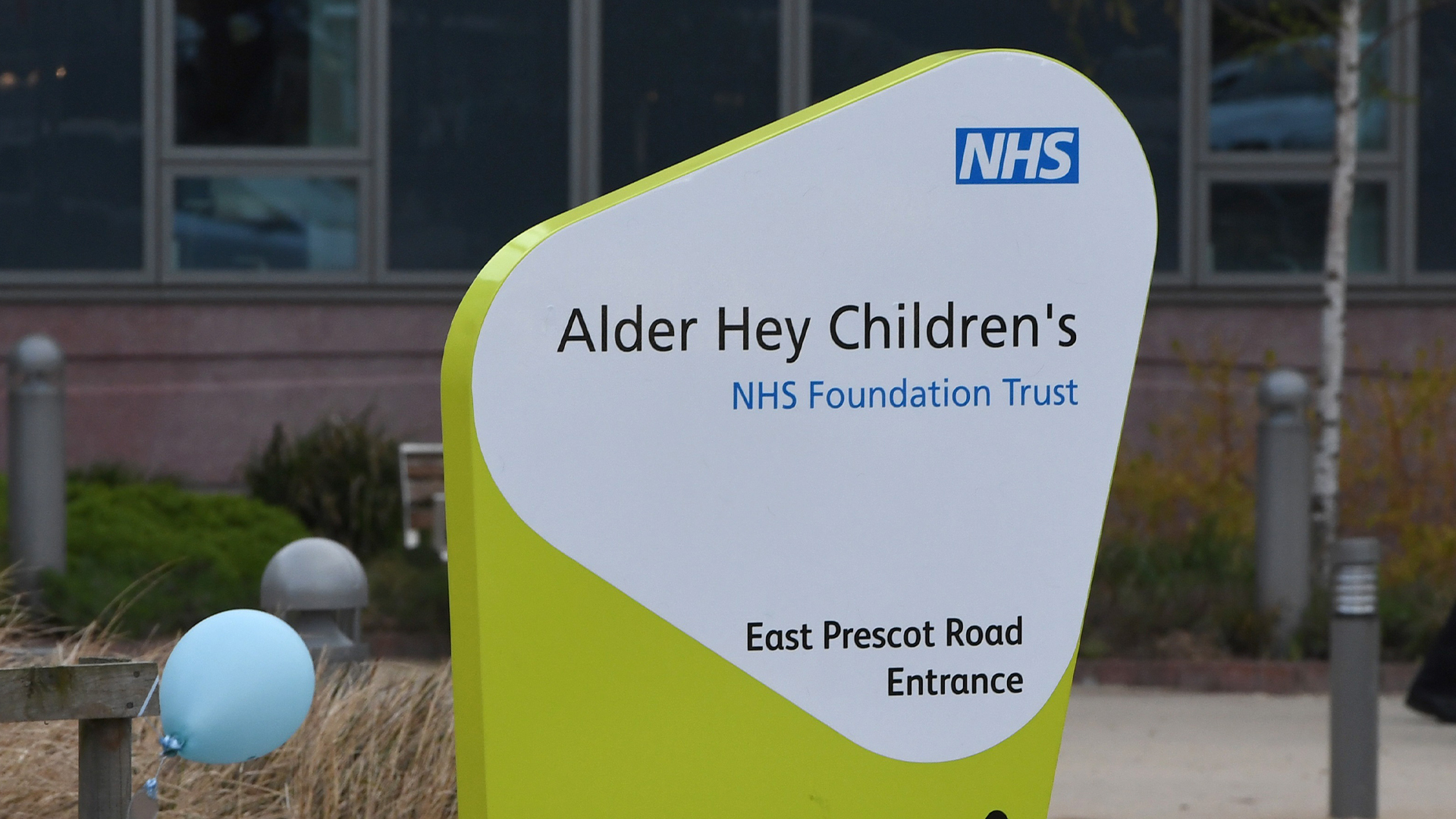 Alder Hey Children’s Hospital confirms hackers gained access to patient data through digital gateway service
Alder Hey Children’s Hospital confirms hackers gained access to patient data through digital gateway serviceNews Europe’s busiest children’s hospital confirmed attackers were able to steal data from a compromised digital gateway service
By Solomon Klappholz
-
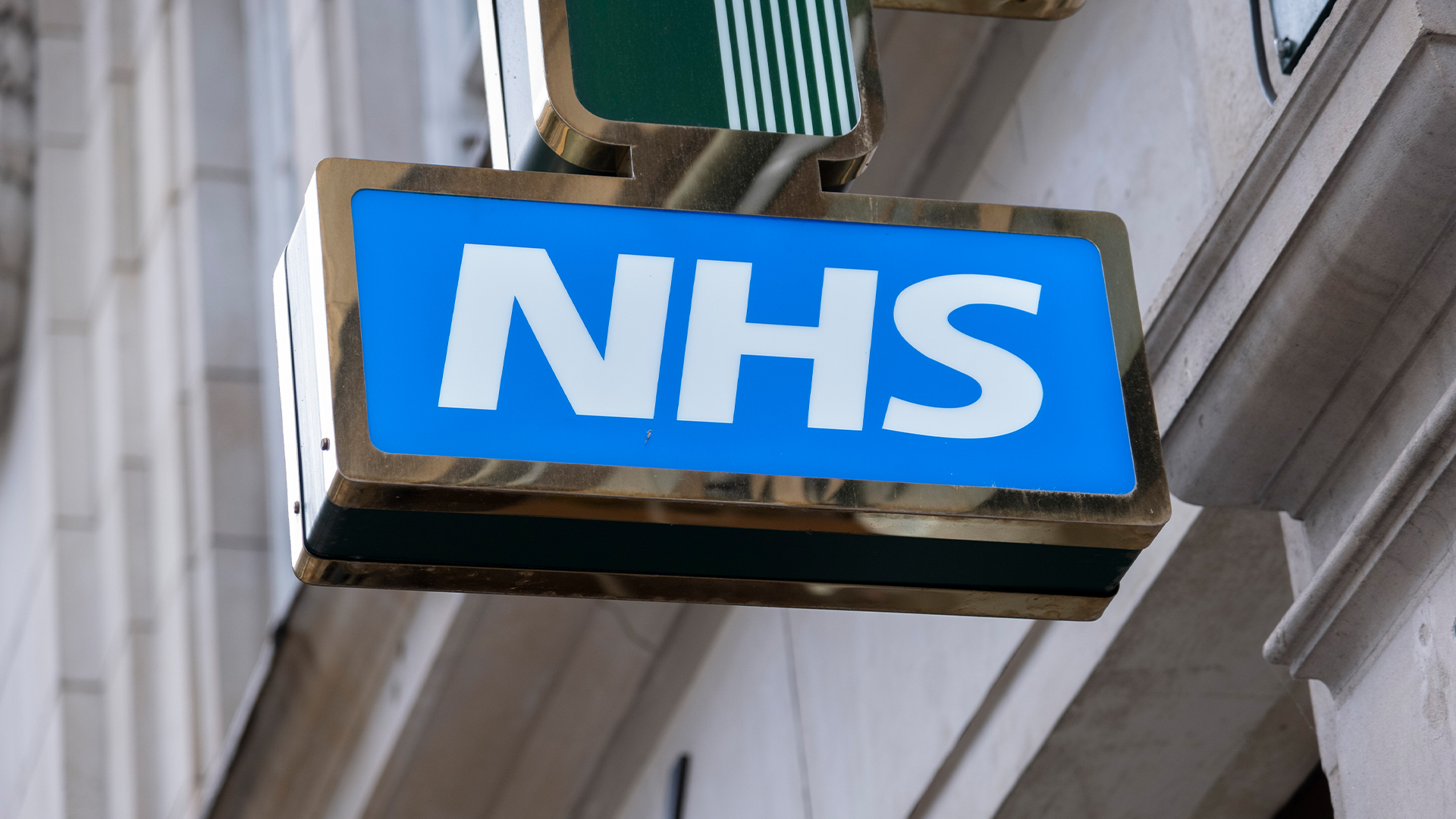 Major incident declared as Merseyside hospitals hit by cyber attack
Major incident declared as Merseyside hospitals hit by cyber attackNews The incident, which has led to cancelled appointments, is just the latest in a series of attacks on healthcare organizations
By Emma Woollacott
-
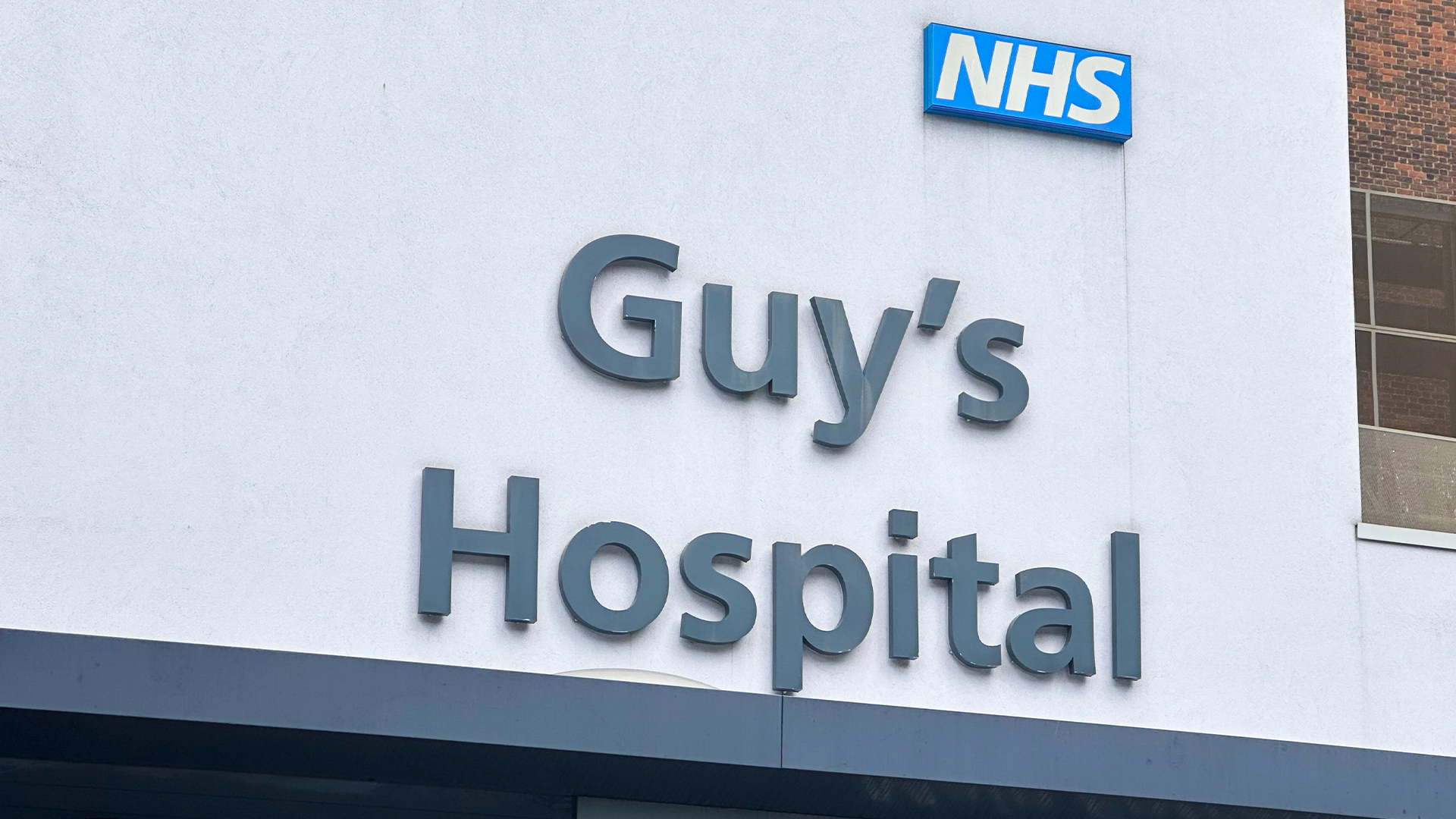 Thousands of procedures canceled at London hospitals as Qilin releases blood test data
Thousands of procedures canceled at London hospitals as Qilin releases blood test dataNews The attack on blood testing company Synnovis continues to affect patients, while the ransomware group follows through with its threats
By Emma Woollacott
-
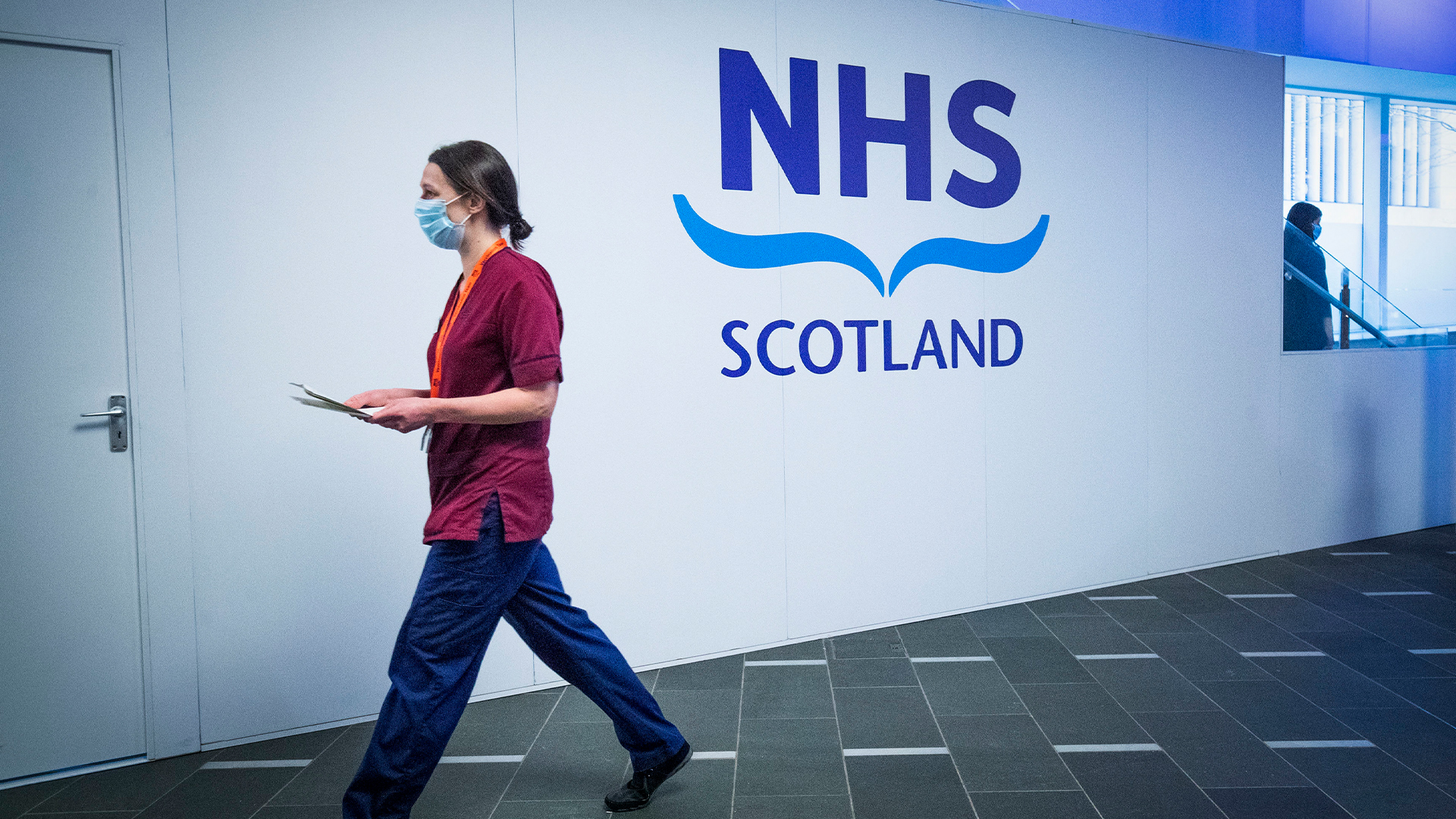 Ransomware group threatens to publish 3TB of stolen NHS Scotland data after posting proof of attack
Ransomware group threatens to publish 3TB of stolen NHS Scotland data after posting proof of attackNews NHS Dumfries and Galloway has confirmed some of the sensitive data stolen during the 15 March attack has been published by a known ransomware operator
By Solomon Klappholz
-
 CISO job satisfaction is plummeting, and some are considering quitting altogether
CISO job satisfaction is plummeting, and some are considering quitting altogetherNews CISO job satisfaction is being plagued by mounting demands, poor c-suite collaboration, and stressful working patterns
By George Fitzmaurice
-
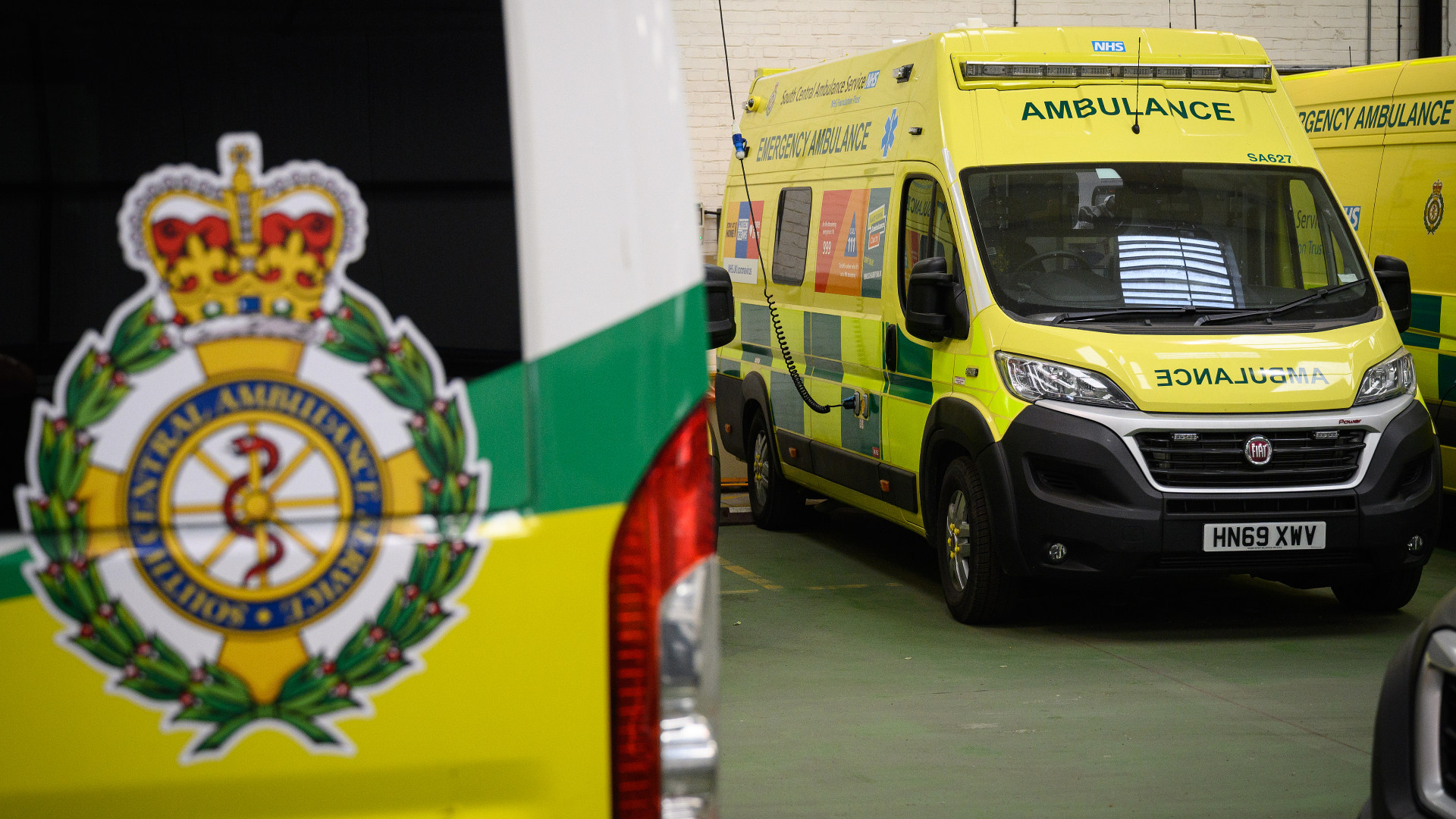 Attack on third-party software vendor disrupts NHS ambulance services
Attack on third-party software vendor disrupts NHS ambulance servicesNews The ambulance services serve more than 10 million people across the south of England
By Ross Kelly